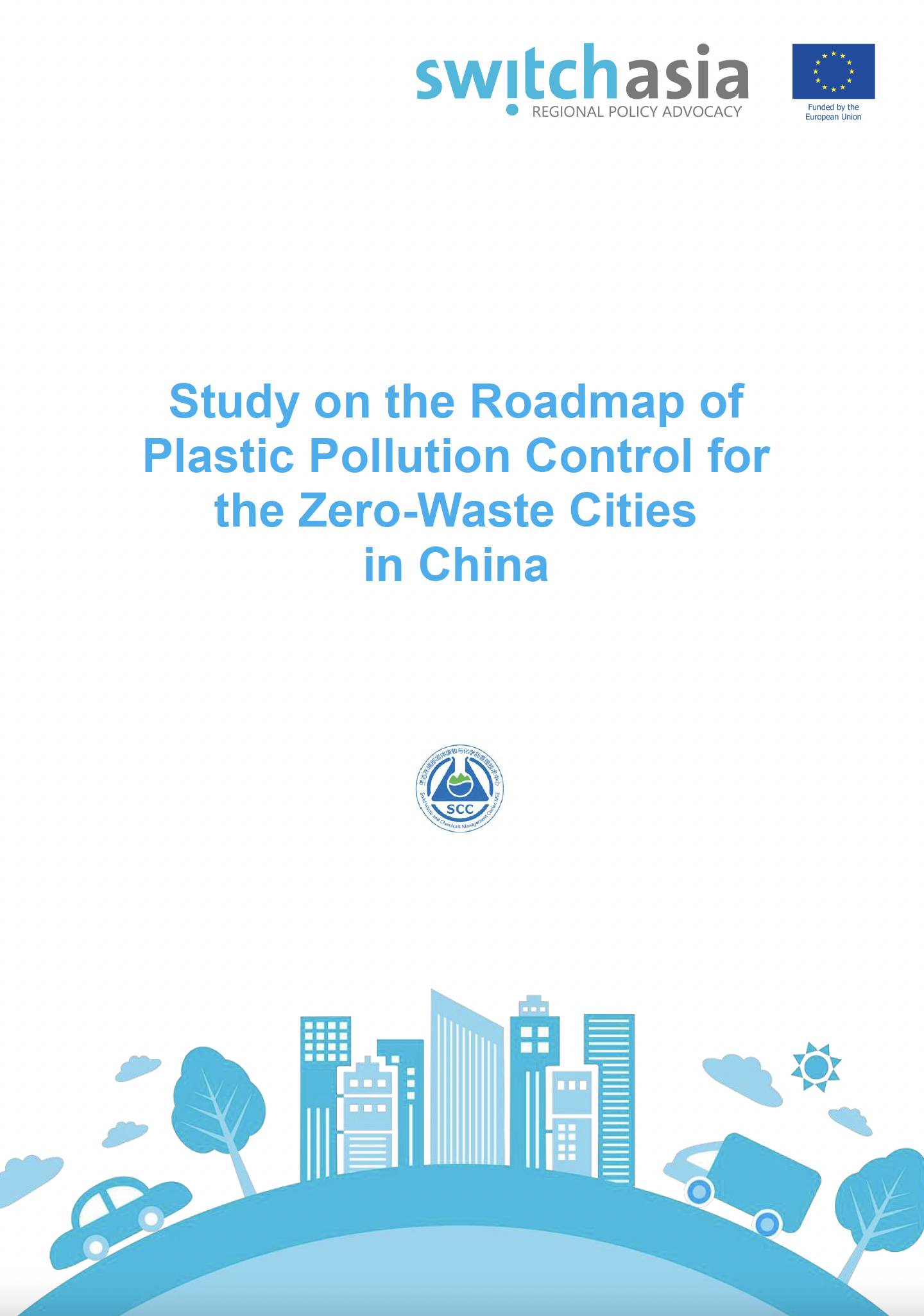
The national zero-waste pilot city programme announced by the Government of China in January 2019 and completed in 2021, is one of the most important governmental actions to promote Sustainable Consumption and Production (SCP) and the Circular Economy at the city level, with the objective to create an urban development model that avoids waste generation and minimises negative environmental impacts of consumption throughout the whole life cycle. In the 14th Five-Year Plan period (2021-2025) of China, the national zero-waste city programme will be scaled up in 100 cities. Plastic pollution control has been identified as a key area.
With the support of the SWITCH-Asia Regional Policy Advocacy Component implemented by UNEP, a study on the roadmap of plastic pollution control for the zero-waste cities was carried out by the Solid Wastes and Chemicals Management and Technology Centre of the Ministry of Ecology and Environment (MEESCC), to strengthen research and international exchanges on these issues. By reviewing laws and policies, enforcement and implementation, achievements, gained experience and proven models in China, the Roadmap explores effective pathways for zero-waste cities in China to control plastic pollution. The Roadmap is also designed to provide implementation guidance and best practices for Chinese cities that joined the zero-waste cities initiative and other cities that have the potential to join the ‘zero-waste city’programme in the 14th Five-Year Plan period (2021-2025), presenting valuable solutions and suggestions to local governments at city level.


